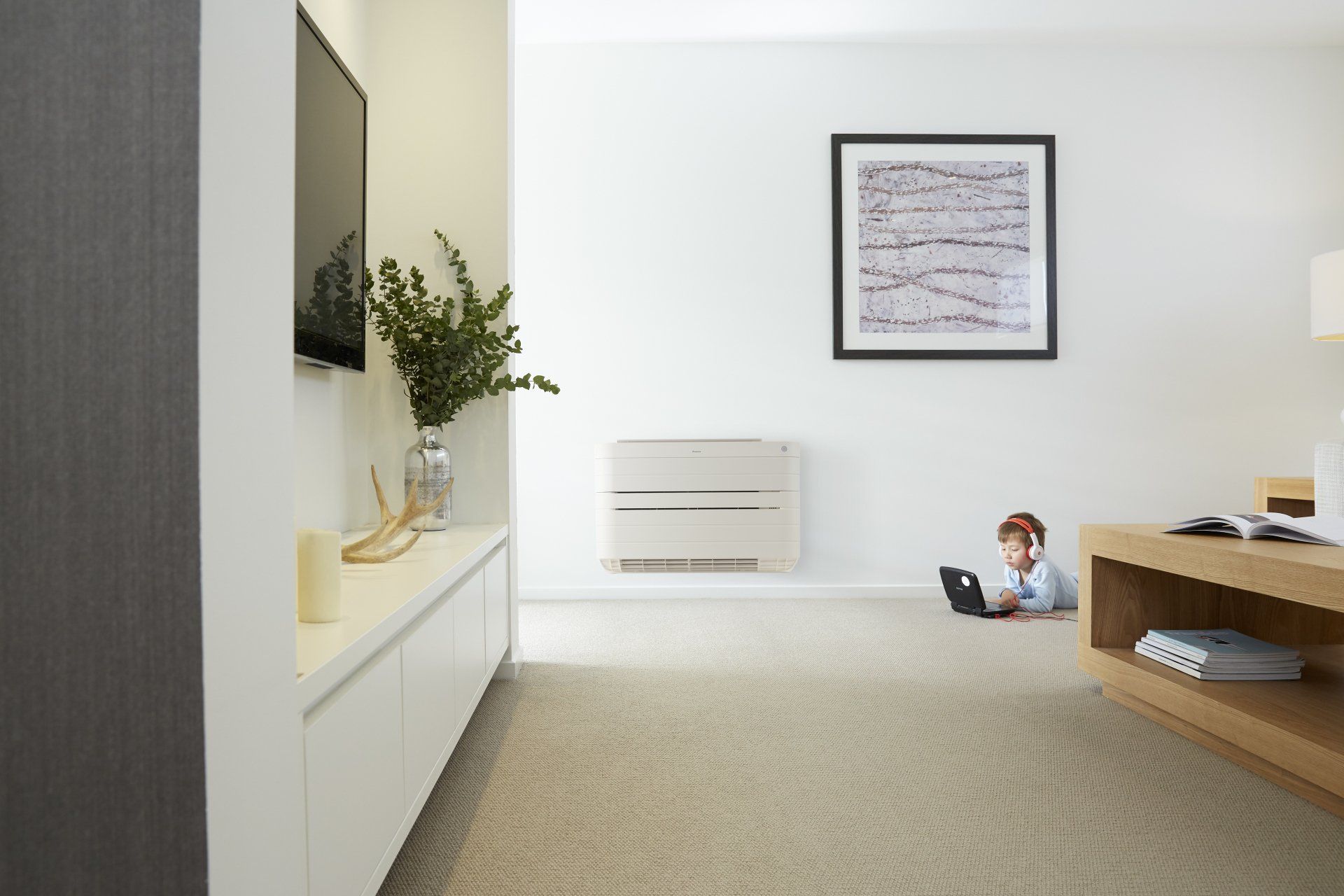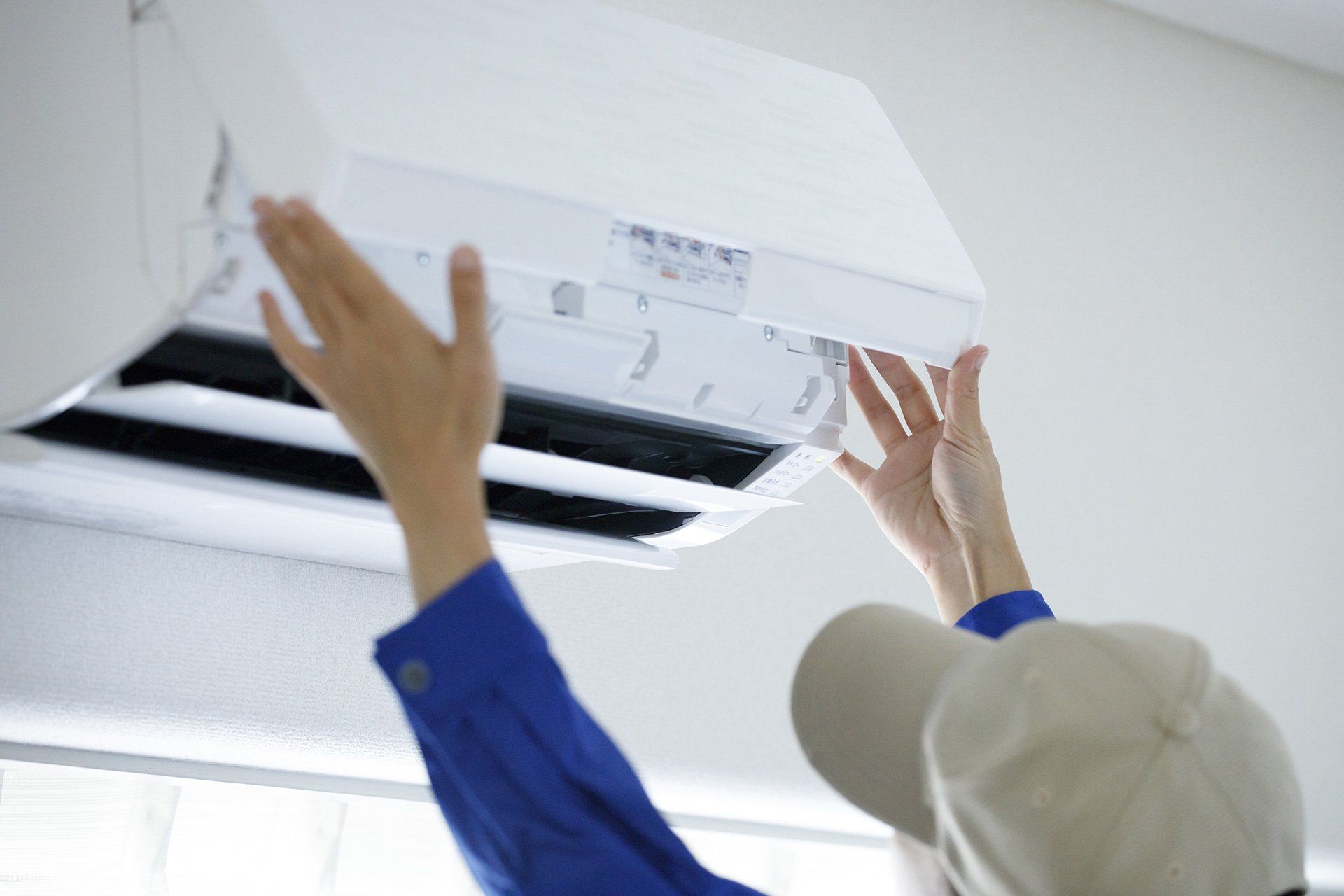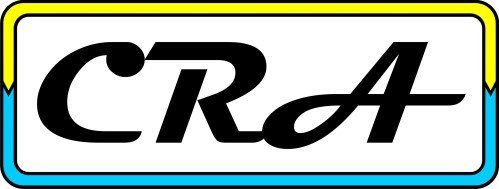Whats the best way to run my heat pump?
October 23, 2019
Whats the best way to run my heat pump?

This is one of our most frequently asked questions. So here are some tips from Energywize:
- Only heat when you need it - don't leave your heat pump on all day if you're not there. Use the timer to turn on the heat pump shortly before you get home and turn it off when you don’t need it.
- Only heat the space you're actually using - shut doors and curtains to keep the heat in.
- Set the thermostat to a healthy temperature - aim for 18ºC to 21ºC. High thermostat settings cause high electricity use. Inadequate heating can lead to mould growth and dampness.
- Avoid using the 'Auto' mode - use the 'Heating' mode. In 'Auto' mode, the heat pump tries to maintain the set temperature by constantly changing between heating and cooling, as the room temperature fluctuates. This can waste a lot of energy.
- Avoid the ‘Low’ and ‘Quiet’ Fan settings during very cold weather. To get the full heating power out of your heat pump, choose the ‘Auto’ Fan setting.
- It is normal for the heat pump to sometimes stop heating or blow out cold air during very cold weather, while the outdoor unit defrosts. This usually only takes a few minutes. Contact CRA if you have any concerns.
- Clean the filter regularly - this is a quick, easy job you can do yourself. Clogged heat pump filters mean the heat pump uses more power to run.

Daikin have dedicated over 90 years to developing technologies that make heating and cooling your home or business effective and efficient. They offer superior quality and durability, and are a world leader in the creation of air conditioning technologies that takes care of people and planet. They produced the first Commercially available split system air conditioner back in 1982 and the first Inverter Ducted system in 1993 and have continued to push the envelope of design and efficiency ever since. Fast forward to 2019 and Daikin have released the new Zena Vogue hi-wall. With its discreet, contemporary styling, low running costs and super quiet operation. Another fantastic unit in their arsenal is the Nexura floor mounted unit. The only heat pump available that features 'radiant' heating. This unit can also be run off a Multi-Split system to give total home heating off a single outdoor unit. With a 5 year parts and labour Warranty on all residential systems, and superior build quality, you know you're in good hands.

During a Kiwi winter, we rely on a few important things – a very warm coat, beanie, a scarf to keep the wind off of our necks while out and about, and at home, our heat pump unit. A heat pump can make life comfortable when temperatures drop… but how do you know when you can no longer rely on your current system? Maybe you’ve noticed it doesn’t seem to heat or run as efficiently as it used to. Like all appliances, your heat pump won’t last forever, although you will get a good innings out of a well-maintained system. While it depends on your unit, the climate you live in and how often you use it, a regularly serviced heat pump will last much longer than one that is not. Even a well-maintained heat pump of a certain age might run into problems. So we’ve prepared a list of the top 7 telltale signs that indicate you need to replace your heat pump sooner than later. If you recognise any of the signs, call in a professional to see if repair is an option, or start shopping for a replacement unit. 1. Unit is blowing hot or cold air which is inconsistent to temperature settings One of the most common problems in an older heat pump unit is that it just doesn’t heat or cool. It may still produce regular air levels, but the air isn’t coming out hot or cold as per its settings. From time to time during regular use, you may experience some cool air on a warm setting, but if your unit stops producing warm air entirely, it’s time to investigate and vice versa for cooling. It may mean low refrigerant levels. However, cool air production when set for heating can indicate a serious problem such as a damaged compressor. Inconsistent temperatures are a sign of trouble too. Your heat pump is supposed to provide a consistent air temperature at the setting you’ve chosen. When certain rooms become warm zones, and others don’t seem to get any heat air at all, it could mean your heat pump unit is on the way out. If your unit is producing cool (or inconsistent) air, inspect the filters, valves, condensation drains and coils for air flow obstructions. But be prepared, a replacement unit may be on the cards. 2. Your unit has diminished air flow During operation there is little or no warm air coming out of the vents. A significant decrease in air flow could be another sign that your heat pump’s compressor is on its last leg. If your thermostat is set to a reasonable temperature and your home is still too cold, then your heat pump system is definitely not working at its optimum level. Again, check filters first, but it might be time for a new unit. 3. It’s emitting strange noises or strange smells A fully functioning heat pump system should operate almost silently. If you know your unit well, you’ll be familiar with any little sounds it makes as it cycles. In fact, those noises will be a regular part of your life’s sound symphony. So, when you hear noises different from the norm, it’s time to act. Minor noise changes could simply indicate the need for some repairs. Perhaps the fan isn’t working properly, or one of the parts inside the unit has become loose, or an internal mechanism has become clogged with dirt. However, if the noise is a little stranger – such as screeching, grinding, grating, rattling, buzzing or ticking, this could indicate a serious problem that means unit replacement! The same goes for unusual odours! If your unit is giving off a bad smell, it’s not just a nuisance, it indicates a problem you need to address right away. Foul odours can mean that your heat pump’s insulation has become damaged or that the ductwork has become mouldy. Dirt, mould or mildew inside your unit can circulate contaminated air through your home and cause health issues for your family. So don’t ignore those bad smells. Strange smells may simply be caused by a filter that needs replacing. So check them first, but if your unit is still smelly, could be time to replace it. 4. Your unit is leaking or producing excess moisture Depending on the type of heat pump you have, a small amount of condensation or water dripping on the outside of your unit (i.e. outside the house) is normal. But for the most part, your heat pump unit should stay dry whether or not it’s in use. If you notice moisture inside the house, a sudden increase in condensation or a leak, it may be time to replace your heat pump. First of all, ask a professional heat pump technician to inspect it straight away for safety reasons (electrical components and water are not a good combination). Some units may spring refrigerant leaks; refrigerant should only ever be handled by a professional due to the health risks it poses. Your heat pump specialist will locate the source of the leak and let you know if a new unit is the most cost-effective course of action. 5. Your unit is short cycling It’s quite normal for your heat pump to cycle on and off to maintain a set temperature throughout your home. However, has your unit developed a tendency to switch itself off randomly? Or does it sometimes have difficulty getting started? If you notice that it is turning on and off more frequently than usual, it is possible that your unit is malfunctioning. Short cycling puts extra stress on your heat pump, and will cause it to fail entirely if not handled quickly. Call a technician, and with any luck it may just be a blown fuse. But it may mean it’s time for a new unit. 6. Your energy bills have dramatically increased Even if your unit appears to be functioning ‘normally’, one of the biggest telltale signs there may be a major problem can be found on your energy bill. Has it spiked suddenly and you aren’t sure why? Undertake an ‘energy audit’ and consider other factors that may have caused your energy bill to increase. This will help you to work out whether your heat pump is the culprit behind a surge in energy costs. If all roads lead to your unit being the source of the extra power, then you need to determine why it has become significantly less efficient. Perhaps your heat pump system is overworking? Diminished cooling capacity will raise energy costs as your unit struggles to maintain the desired temperature ineffectively. Try cleaning the air vents, replacing the filters and then check for any lumps or knots in the condensing coil. Of course, it may be an energy drain simply because it has become sluggish and is reaching the end of its working life. 7. Your unit requires frequent repairs (and is out of warranty) Has your trusty heat pump unit become more trouble (and expense) than its worth? In an ideal world, your unit should be serviced just once a year to keep it well maintained, clean and in tip top shape. Occasionally, you may need an extra service or repair. However, if your heat pump system is constantly in need of mending and repairing, multiple times per year, then you may have to call time on this unit - replacing your heat pump may simply be the more economical and efficient option. Usually, you can factor in one major repair or part replacement. However, if serious repairs occur later in the unit’s life, they serve as a warning of future issues. If your unit needs a complex repair after the warranty expires, that’s a sure sign to start shopping around for a new unit instead of pouring money into an old one with a limited shelf life. So do you recognise any of these signs? Don’t wait. If you detect any of these 7 signs that your heat pump is malfunctioning, it’s time to call in a professional. To stay comfortable during the summer months, it’s vital to carry out any necessary repairs, or if it proves to be more cost effective, it may be time to part ways with your unit and invest in a brand spanking new one with a warranty. Acting now will let you get back to enjoying a trouble-free, noise-free, leak-free, energy-efficient Kiwi summer or winter.
